
An eclipse is a special kind of transit, because the Sun and Moon are conjoined they both transit a natal planet. Eclipses always accompany the Moon's nodes. Solar eclipses are new moons. They trigger events or flush out unresolved issues. Lunar eclipses are full moons. They have a strong emotional "breaking out" feeling to them.
A "New Moon" is a conjunction of Sun and Moon. This means Sun and Moon would be visualised together from the Earth's perspective. In reality, we cannot see them because the Sun is so bright that the Moon cannot be seen in the daytime. A "Full Moon" is an opposition of the Sun and Moon. That means, simplistically, that we on Earth, have the Sun on one side of us and the Moon on the other. At night we can see the light of the Sun fully reflected off the Moon. Astrologically, the Full Moon is likely to represent a point of balance and a sense of completion or fulfillment.
An eclipse appears most astrologically significant when it either conjoins or opposes a natal planet, but other aspects may also have an effect, albeit a weaker one.The more precisely a Solar or a Lunar eclipse aspects a planet in someone's birth chart, the more "life challenging" the event may be in his life. When an eclipse transits a natal planet or angle, it puts that planet or angle into a high-energy state in which its capacity to generate action is increased and act as a catalyst for change in that area. For instance when an eclipse conjuncts the 1st/7th house axis, it may impact on a relationship, or when it aligns with the 4th/10th house axis, the individual may find that he needs to make adjustments to balance his career with his family life.
Eclipses are often said to be difficult, but that is not necessarily so. The difficulty of the eclipse depends more upon the condition of the natal planet as indicated by house position and aspects to it from other natal planets. Eclipses are generally feared by ancient man, for obvious reasons. They perceive the lights in the sky as "Gods", and if a familiar light was suddenly dimmed, they consider the portent as evil. Since life was a great deal less certain then, it is easy to imagine that a subsequent disaster might occur that could then be connected with the preceding eclipse. Hence, interpreting an eclipse negatively is a carryover from ancient thought, but times have changed drastically since.
Once either a solar or a lunar eclipse hits a key point in a person's birth chart, he may experience a major change 3, 6, 9 or 12 months later. These three-month periods are associated with the New or Full Moons that either square or oppose original Lunar and Solar eclipse degrees. Quite often Lunar eclipses stimulate change or crisis within 3-6 months after they occur, but the effects fo the Solar eclipses seem to have a longer term effect.
It is difficult to predict just how long an eclipse theme will be dominant in one's life. It depends a lot on how closely it aspects a significant planet in his natal chart. Most major events in life can be related to the previous eclipse, yet other eclipses, where no close aspects are made in the chart, may not relate to anything noticeably significant in one's life.
 An eclipse may also time a significant event in a country. For example in the recent Australian bush fire which started on 7th Feb and in which more than a hundred lives were lost and at least 750 homes destroyed, there seems to be good correlation with a Full Moon eclipse. The eclipse became exact at 11:46 pm at Melbourne time on 9th February and it was in an exact square with the position of the Moon in the Australian National Chart (cast for 1st Jan 1901, 1:25 pm). The Moon is the ruler of the 4th house and this suggests a significant loss of the country's innermost security and home image in its history of bush fires.
An eclipse may also time a significant event in a country. For example in the recent Australian bush fire which started on 7th Feb and in which more than a hundred lives were lost and at least 750 homes destroyed, there seems to be good correlation with a Full Moon eclipse. The eclipse became exact at 11:46 pm at Melbourne time on 9th February and it was in an exact square with the position of the Moon in the Australian National Chart (cast for 1st Jan 1901, 1:25 pm). The Moon is the ruler of the 4th house and this suggests a significant loss of the country's innermost security and home image in its history of bush fires.




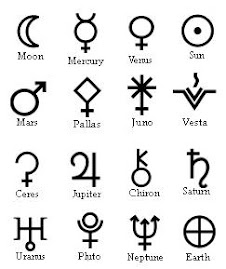



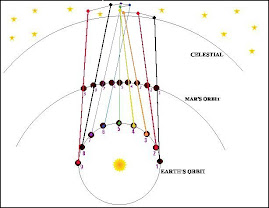

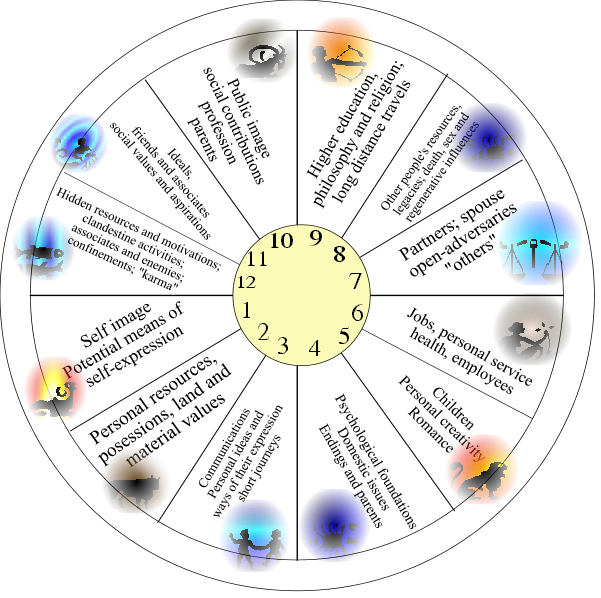
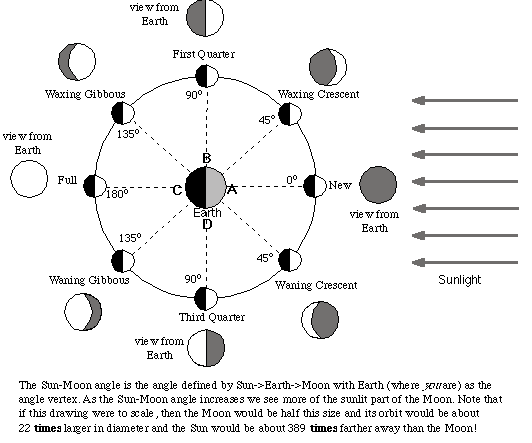
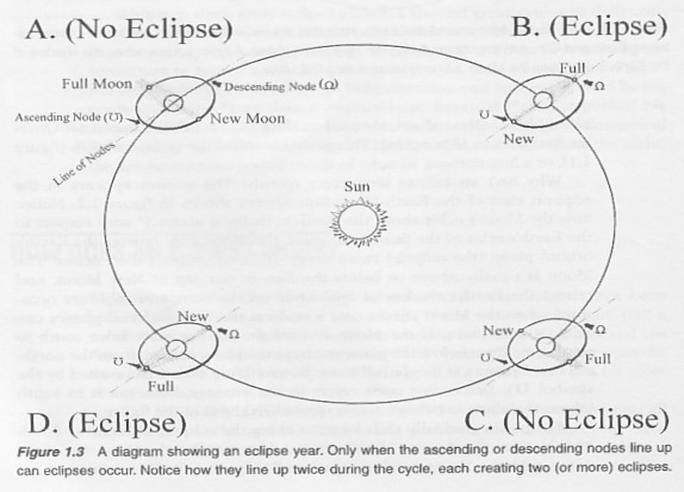


No comments:
Post a Comment